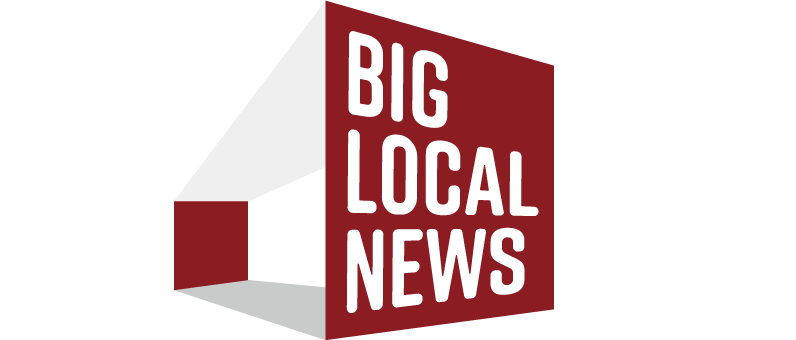DataTalk is an experimental system that makes it easier to follow the money flowing through national campaigns for the Nov. 5 U.S. election. It allows for natural-language queries of large public datasets from the Federal Election Commission (FEC) and OpenSecrets.org to help journalists and other researchers tap into the latest mandatory filings. It can quickly answer key questions such as: Who are the biggest donors? Which special interests are involved in the campaigns? Which candidate is spending the most?
DataTalk is powered by artificial intelligence, utilizing a Large Language Model (LLM) to transform user questions into Structured Query Language (SQL) commands. These commands are executed on FEC filings and part of OpenSecrets.org data, covering money raised and spent in the 2024 presidential and congressional campaigns. The agent retrieves summary data on candidate and committee fundraising and expenditures, itemized individual contributions over $200, as well as records of committee contributions, transfers and expenditures.
The agent provides a step-by-step explanation of its computational approach, highlights any limitations in its response and suggests follow-up questions for deeper analysis. Users can modify, execute, save and publish a query in the SQL execution engine. However, we encourage users to perform their own analysis to fact-check the outputs and verify important claims using other trusted sources.
Guided by expert knowledge from journalists focusing on campaign finance, DataTalk was developed by a team from Stanford University’s Open Virtual Assistant Lab, Stanford’s Big Local News, and Columbia Journalism School under a grant from the Brown Institute for Media Innovation. Derek Willis, a data journalism lecturer at The University of Maryland, has been a key advisor to the team. He is a longtime specialist in using campaign finance records for journalism that matters.
“The hardest part of doing this kind of reporting is that it requires that journalists adapt to the systems that produce the data rather than allowing them to begin with the fundamental tool of every reporter: a good question,” Willis said. “DataTalk offers reporters a new way to ask questions of campaign finance data, one that makes it easier for them to turn their lines of reporting into helpful insights.”
Journalists can access DataTalk at www.datatalk.genie.stanford.edu.
Big Local News also has other election-resources, including tutorials on how to use and analyze voting machine data and how to access a national sample of first-time voters in collaboration with the Deliberative Democracy Lab at Stanford University. The lab can also put journalists directly in contact with first-time voters for articles. Other resources are available at the Knight Election Hub. Have more questions? Reach out to Big Local News at biglocalnews@stanford.edu directly for story or data advice as they explore the agent and other election resources.

